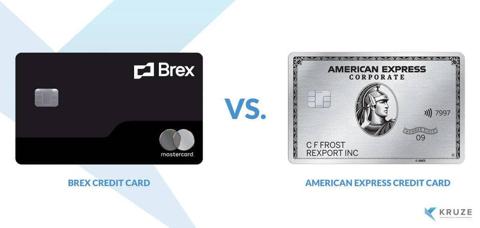
If you’re a startup founder, salesperson, or other employee that has taken prospective investors or customers out to lunch or dinner, you may be wondering what’s going on with business meal tax deductions. The Tax Cuts and Jobs Act (TCJA) eliminated deductions for company related entertainment beginning in 2018, which meant that you can’t deduct rounds of golf, tickets to sporting events, or theater tickets any more. However, half the cost of business meals was still deductible.
So what meal expenses can your startup deduct?
The IRS has provided some definitions for this deduction:
- You can deduct the full cost of food or beverage including delivery fees, tips, and sales tax.
- Food must be separate from entertainment expenses, which aren’t deductible, and you need those items stated separately on a receipt or bill. So if you take prospects to a sporting event, you can buy food for them and deduct it, but only if those expenses are broken out from the ticket cost.
- The meals cannot be “lavish or extravagant under the circumstances.” In other words, the IRS can look at them on a case-by-case basis and see if the cost seems reasonable under the circumstances.
- The taxpayer or an employee of the taxpayer must be present.
- The food or beverages are provided to the taxpayer or a business associate, which include both prospective and established customers, suppliers, employees, partners, agents, or professional advisors.
Document your business meals
The IRS requires you to substantiate your meal and beverage expenses, which means you’ll need to keep detailed records in case you’re audited by the IRS. You need to be able to establish the amount spent, the date, the name and address of the restaurant, the business purpose of the meal, the number of people served, and the business relationship of the people involved. Basically, you need a receipt, and on the receipt you should note the names of everyone dining with you and their business relationship. A great way to do this is to have your startup bookkeeper store copies in your accounting software, so it’s easily available if you are audited. It also makes doing your startup’s taxes a lot easier! If you need more information about business meal deductions under the new rules, contact us.
Are business meals still tax deductible?
Yes. In 2021 and 2021, the deduction has been temporarily increased to 100%. Under the old tax laws, business meals were only 50% deductible.
Are business meals tax deductible in 2021?
Yes. In 2020 the Consolidated Appropriations Act (CAA) increased the deduction for some business-related meals to 100% for business-related food and beverages from restaurants purchased in 2021 and 2022.
Are business meals tax deductible in 2022?
Yes, and the deduction will still be 100% for 2022. The word “restaurants” in the new rule is important – the IRS defined them as companies that prepare and sell food and beverages for immediate on- or off-premise consumption. In other words, grocery stores and convenience stores don’t count. In addition, employer-operated facilities don’t count, which means you can’t take prospects or business associates to the company cafeteria and expect a deduction.












